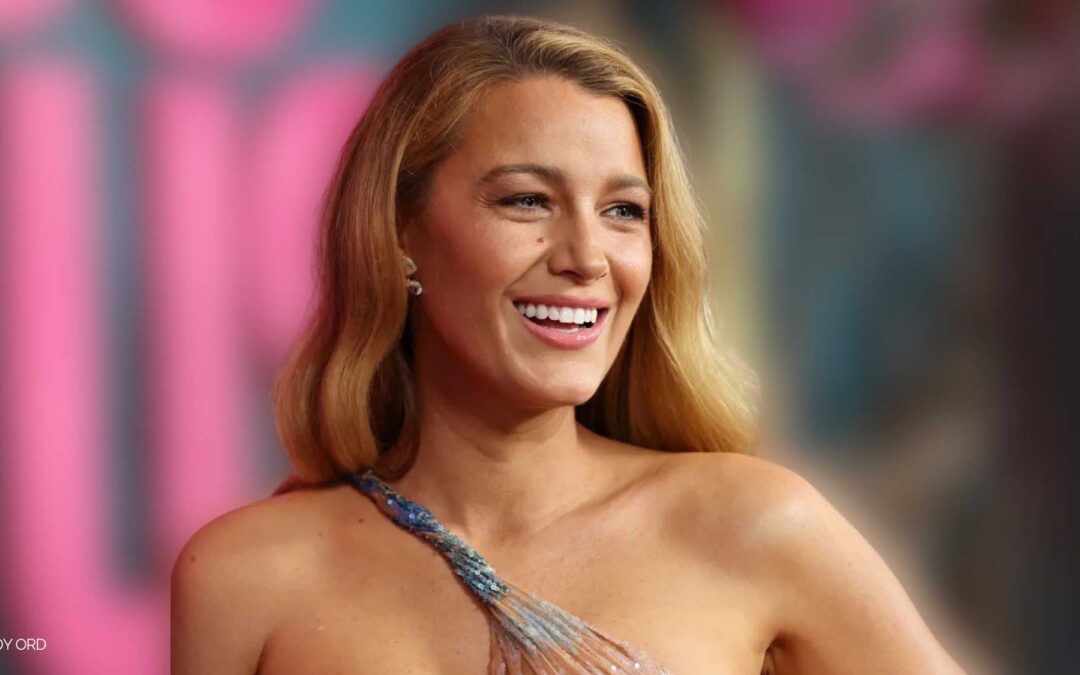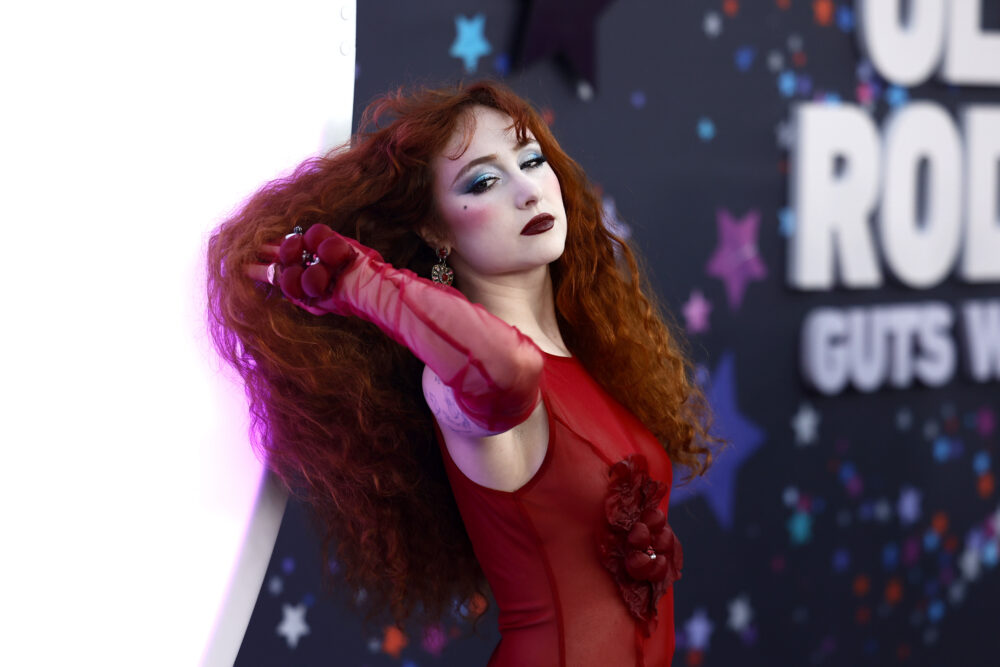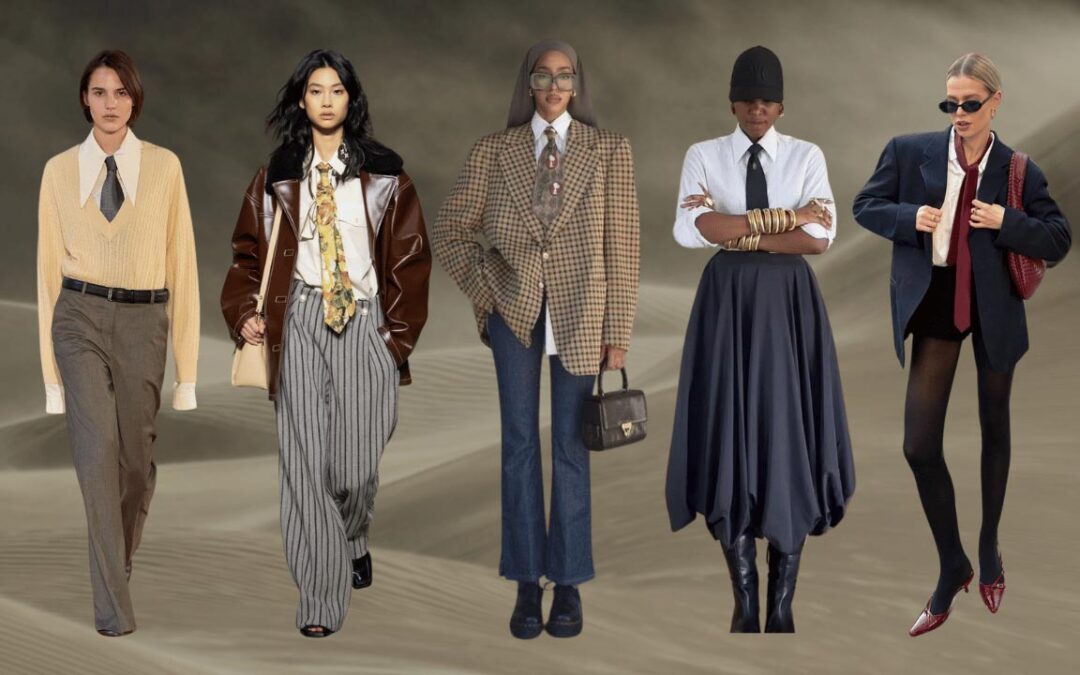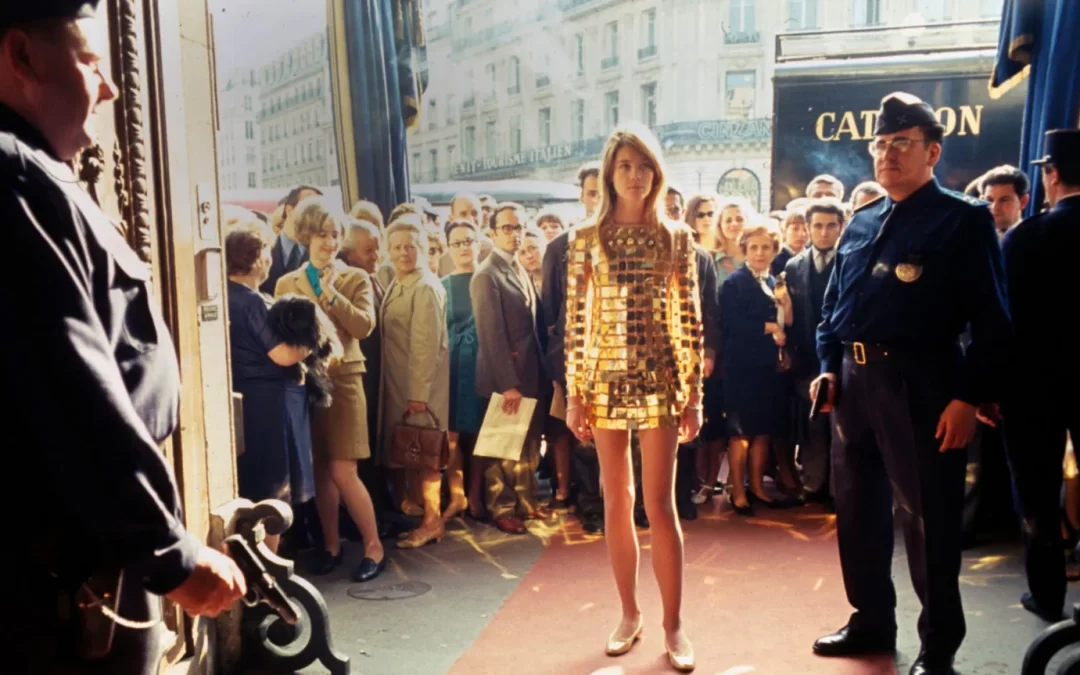When it comes to portraying quirky or unconventional characters in movies, there’s a recurring theme in Hollywood: dress them in extreme, over-the-top styles. While this approach occasionally succeeds, more often than not, it results in characters that feel unrealistic, detracting from the story rather than enhancing it. The upcoming film adaptation of Colleen Hoover’s bestselling novel, It Ends with Us, featuring Blake Lively as the protagonist Lily Bloom, is a prime example of this misstep.
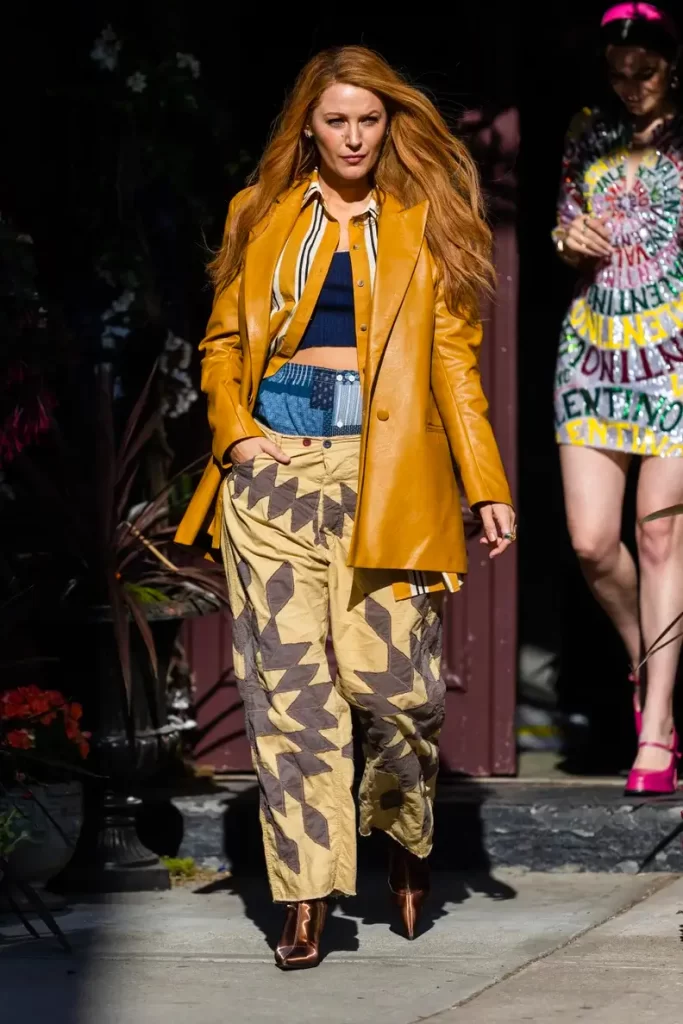
The issue with Extremism in Film Costume Design
The thing about fashion, that I’m sure we all know, is that it is a powerful tool of self-expression–a way for individuals to express what’s on the inside, outwardly.
In many ways, our clothes serve as a second skin, reflecting our personality, emotions, and state of mind. When done right, costume design can seamlessly integrate with a character’s persona, making them feel authentic and relatable. However, the costumes in It Ends with Us have sparked significant backlash, with fans arguing that they fail to achieve this crucial connection.
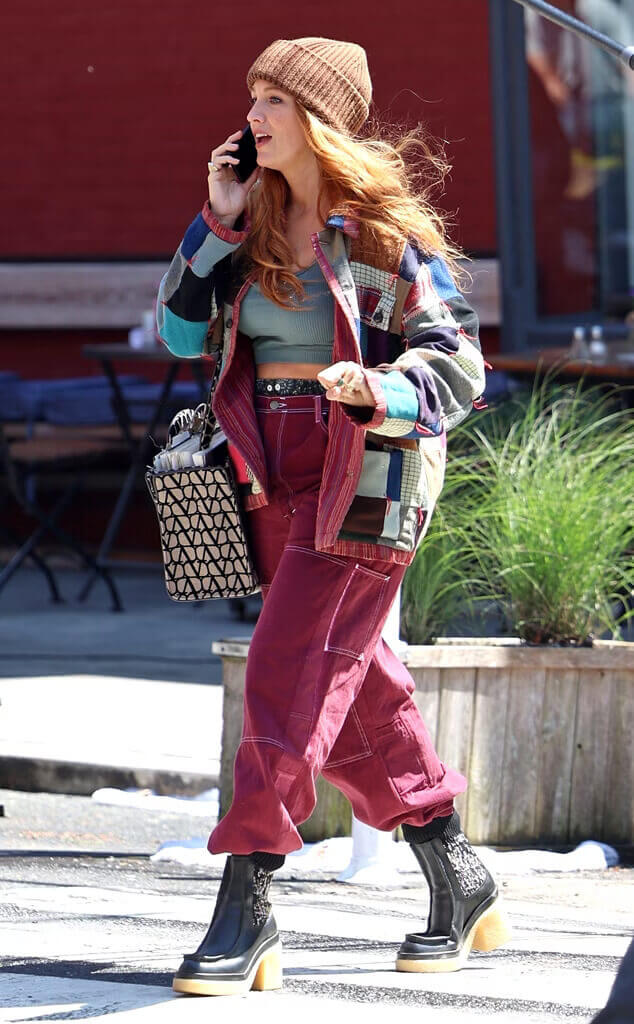
Let’s be a little more realistic
The central issue is that the outfits worn by Lively’s Lily Bloom come across as not only exaggerated but also entirely unrealistic. These ensembles don’t resemble a “second skin” but rather a jarring layer that feels out of place, both on the character and in the context of the story (Lily’s very confusing double pants for example). The result is a character that feels less believable, with viewers struggling to connect with someone dressed in such an implausible manner.
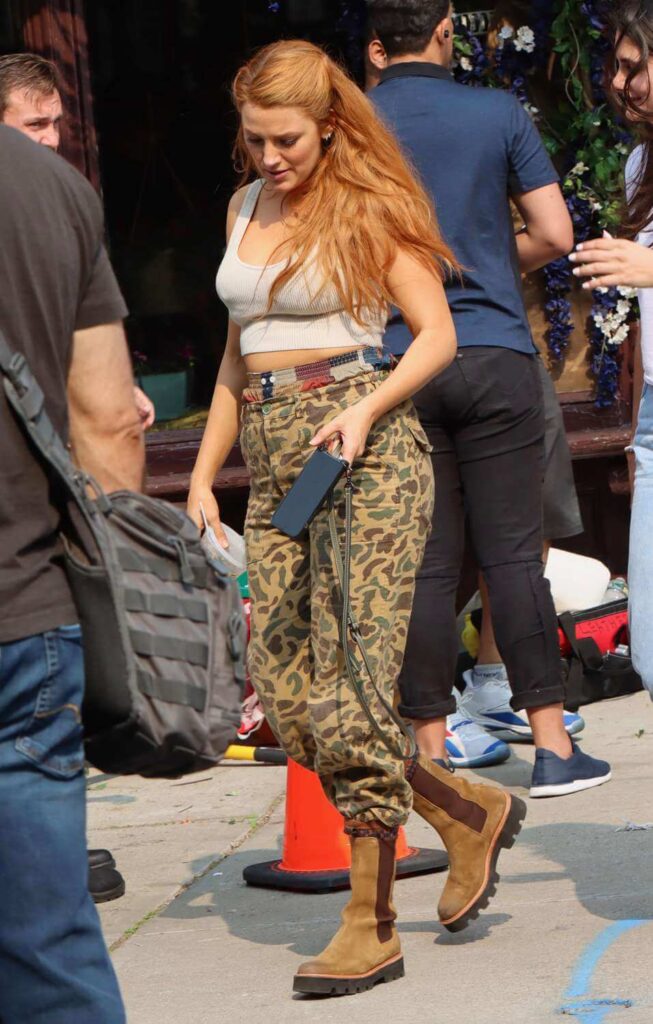
Some have speculated that the problem might be a casting issue. Perhaps these outfits could have worked on a different actress, but on Blake Lively, they don’t convey Lily Bloom; instead, they appear as unflattering clothes that clash with Lively’s own beauty, figure, personality. However, the backlash isn’t solely about the casting. Many fans of the book argue that the costumes don’t align with Lily’s character as described in the novel, suggesting that the problem would likely remain regardless of casting.
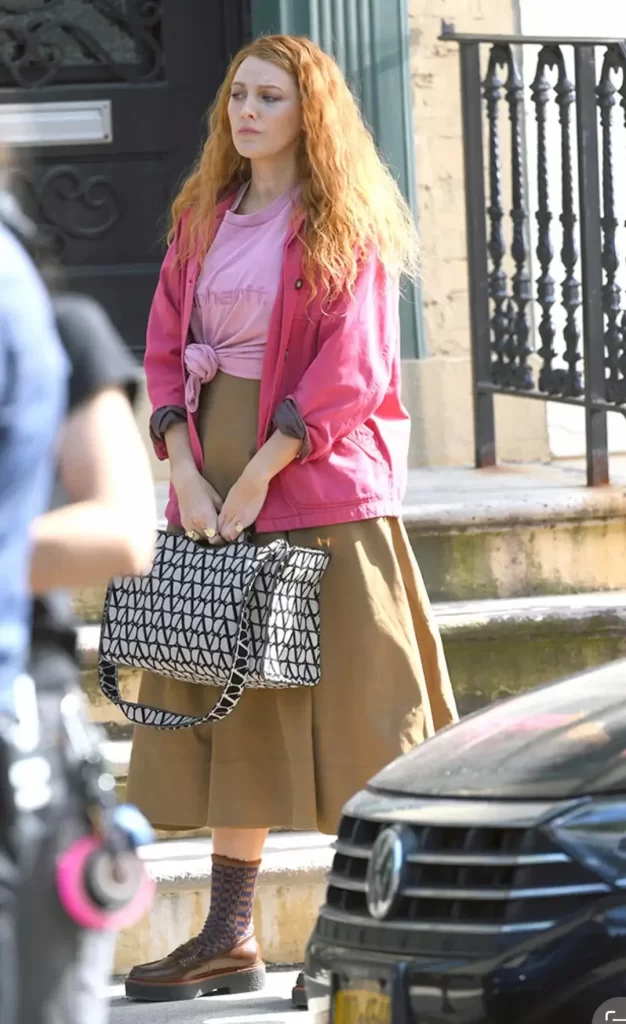
Or do Lily Bloom’s Outfits Illustrate Her Inner Chaos?
One possible interpretation of Lily’s eccentric wardrobe is that it serves as a coping mechanism. Given the film’s heavy subject matter—domestic violence—one could argue that Lily’s clothing choices are a way for her to assert control over her life, distracting both herself and others from the grim reality of her situation. The patchwork detailing prevalent in many of her looks could symbolize Lily’s attempts to piece together her fractured life, stitching together broken and fragmented parts of herself.
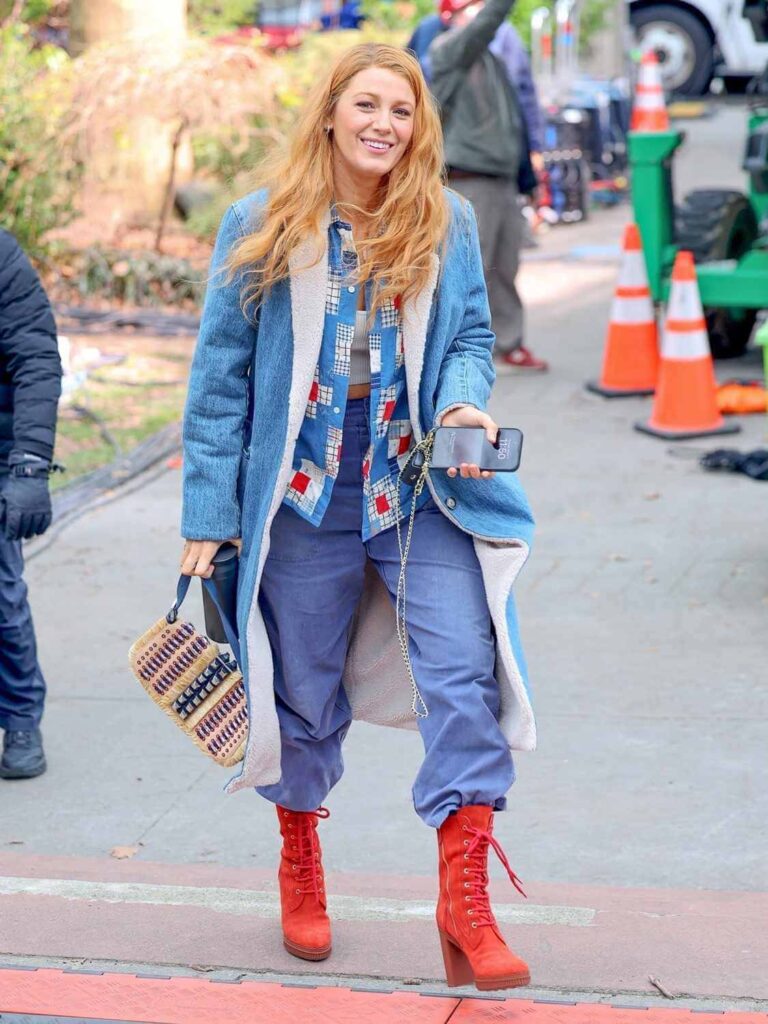
While this interpretation is compelling, it doesn’t seem to be the actual intentions of the costume designer, Eric Daman, or Blake Lively, who reportedly had a hand in curating the outfits. Even if this was their intention, the execution falls flat. The final result is a series of mismatched, over-the-top looks that unfortunately distract viewers from the storyline rather than enhancing their understanding of Lily’s character.
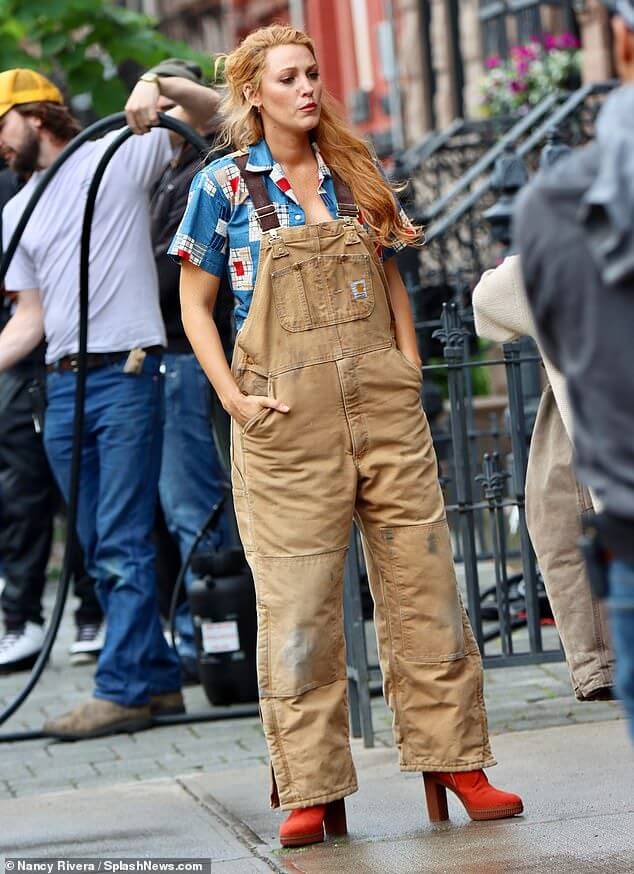
The Delicate Balance of Fiction & Reality
It Ends with Us underscores the critical role of costume design in film and television, emphasizing the crucial balance between fiction and realism in storytelling. While actors are renowned for their ability to embody characters distinct from their own personas, it remains essential to consider both actor and character (in figure, complexion, and essence) when designing costumes.
Take Marilyn Monroe and stylist, William Travilla, for example. Travilla meticulously crafted Marilyn’s costumes by considering her own figure, image, complexion, as well as those of the character she was portraying. The result was always a seamless blend of actor and character, with fashion serving as the unifying element that brought them together.
In the end, It Ends with Us fans continue to express confusion and disappointment in the film’s costumes. What could have been an opportunity to use fashion as a nuanced reflection of Lily’s internal struggles instead seemed to become a distraction, leaving audiences questioning the choices made by the costume department.


